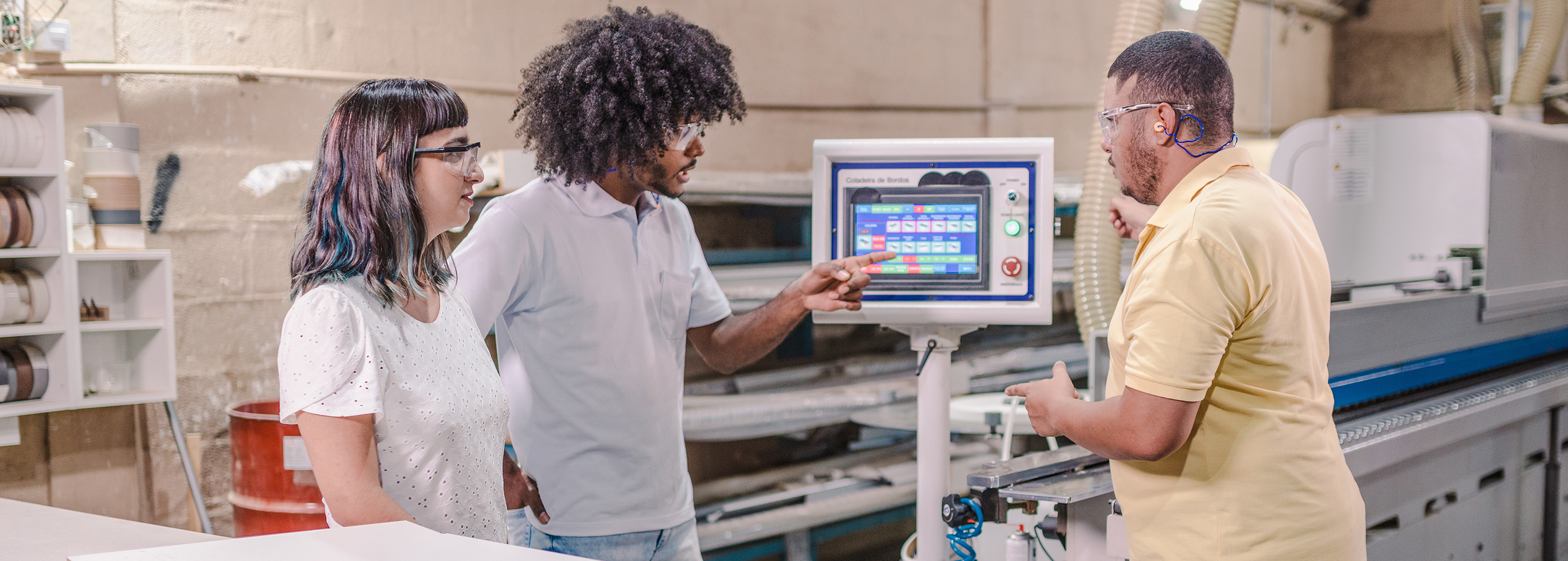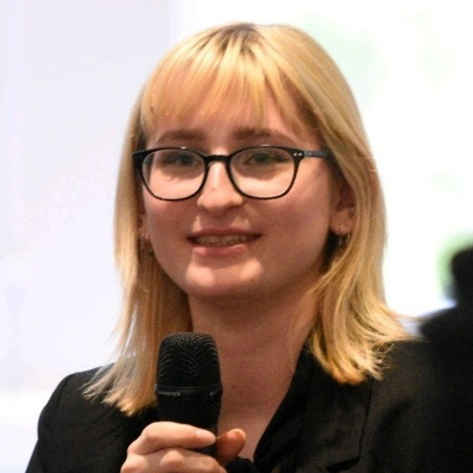The Future of Learning through Phenomenon-Based Education

Author
Aurelia Katarzyna Brzezowska
Student at the University of Staffordshire
Aurelia is a student at the University of Staffordshire. She has a packed study life as a Computing Department Representative, Computing Society Manager and Social Media Coordinator for the Women in STEM society. Aurelia was commissioned by SCOLPP to join the conference and share her reflections from the event.
Almost three weeks after It’s Scholarly but it’s Real: Using Phenomenon Based Learning to future-proof effective learning in Higher Education Conference and what an experience it’s been! Two days packed with discussions, insights and studies that really made me rethink what education should look like. The conference focused on Phenomenon-Based Learning (PhBL) and after attending several sessions, I feel empowered and motivated to see this teaching style adopted into higher education. But what exactly is PhBL and why should you care?
Moving beyond the textbook
One of the most powerful things I took away from the conference was the idea that higher education should be about preparing students for the real world, not just one full of exams and assignments. Universities need to equip students with more than just academic knowledge; we need practical, real-world skills that will help students transition smoothly into their careers. It’s all about connecting learning to real-world meaningful issues through problems that require critical thinking, creativity and collaboration.
Instead of studying subjects in isolation, PhBL encourages everyone to look at phenomena – big, real-world issues that can span across various fields. These can be sustainability, diversity or even digital transformation. PhBL brings together insights from multiple disciplines and helps students approach these issues from different perspectives. As a student, this would mean applying everything I’ve learnt in University, to solve a problem that matters. It’s that kind of education that feels relevant, exciting and employers want to see from graduates.
Hands-on learning: From theory to action
Inclusivity and accessibility in education
Another key takeaway from the conference was the discussion about inclusivity. We often talk about inclusion in terms of access to lectures and materials but what about the practical aspects of learning like lab work? A lot of students, particularly those with disabilities, can face significant barriers in practical learning environments. The conference highlighted the importance of creating inclusive learning spaces where all students, regardless of their challenges, can fully engage with the content.
The Mariulu process (shared by Dr Sobia Kauser from the University of Bradford), which allows students to outline their own needs, particularly intrigued me. This process encourages feedback directly from students, giving them the opportunity to shape the way they learn. It was refreshing to see educational institutions focusing on ensuring that no one gets left behind. Making the curriculum and labs more accessible doesn’t just help students with disabilities, it creates a more diverse and supportive learning environment for everyone.
Shifting the focus from grades to learning
Another shift that really excites me is the move away from traditional grading systems. The discussions around assessments made me think about how much we rely on grades to define success. Instead of being graded on how well we “perform,” PhBL focuses on authentic learning and critical self-reflection. This means that students are assessed not just on whether they know the material but on how well they can apply it, think critically and grow from it.
This idea is something I’ve thought about a lot during my own university journey. How many times have I stressed about a “satisfactory” grade that didn’t really reflect my understanding or engagement with the topic? The shift to more holistic, process-focused assessments feels like a step toward a more meaningful way of learning. It’s less about ticking boxes and more about developing the skills we need to succeed in the real world - something that employers care about.
The power of cross-disciplinary learning
I loved hearing about the idea of breaking down academic silos. In the real world, problems don’t just exist in one discipline, they span across fields and require people from different backgrounds to work together. PhBL encourages this kind of cross-disciplinary collaboration, where students from different programs. It’s this kind of teamwork that mirrors what we’ll face in the workplace, where solutions to complex issues require input from diverse perspectives.
The conference allowed me to see how this kind of collaboration can unlock creative ideas that wouldn’t have come to the surface in a traditional, siloed environment. PhBL isn’t just about learning what to do; it’s about learning how to work with others and bring diverse ideas together to solve problems. This is a skill that outside of education can take years to nurture due to a lack of experience. Imagine a future where students are prepared?
The future of Phenomenon-Based Learning
Looking ahead, I’m excited to see how PhBL continues to shape the future of education. In the modern age where university is now becoming a standard, students want to be prepared not just for a job, but for the world I’ll be working in. They want to develop the skills to think critically, work collaboratively and tackle real-world problems head-on. PhBL feels like the perfect way to do that and I’m excited to see how this approach will evolve in the years to come, if adopted by higher education.
The SCOLPP Conference hasn’t just taught me about PhBL; it’s shown me that the future of education is bright and that universities are starting to get it right. If we continue moving toward a model that emphasises real-world learning, inclusivity and collaboration, then students will be ready to take on whatever the future throws their way… and isn’t that the point?
